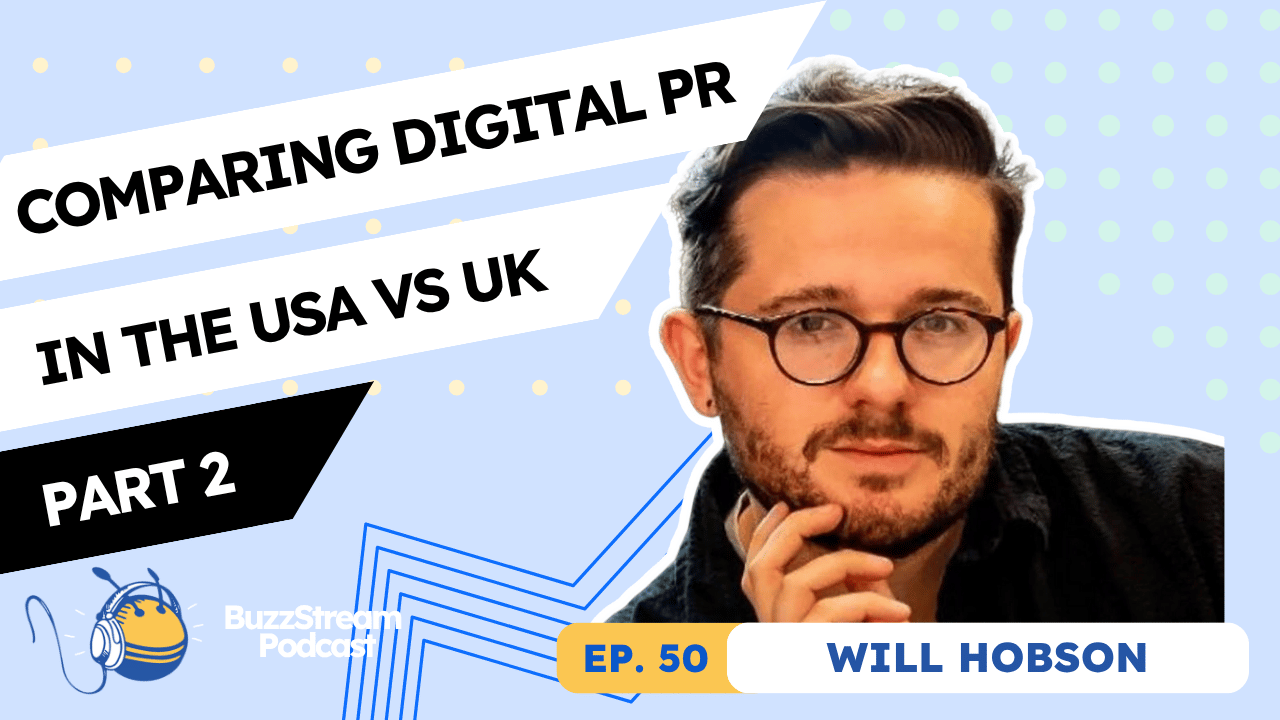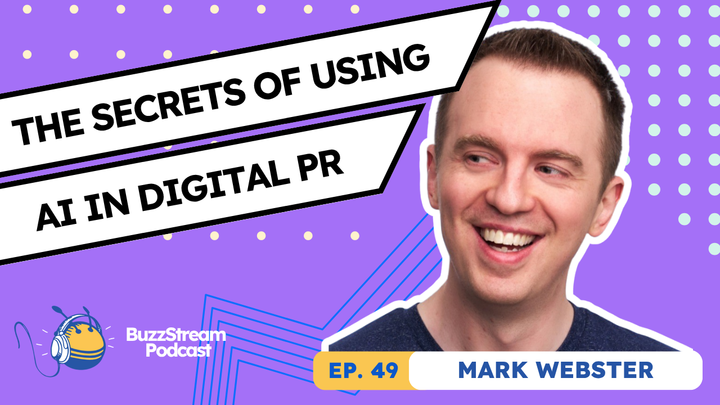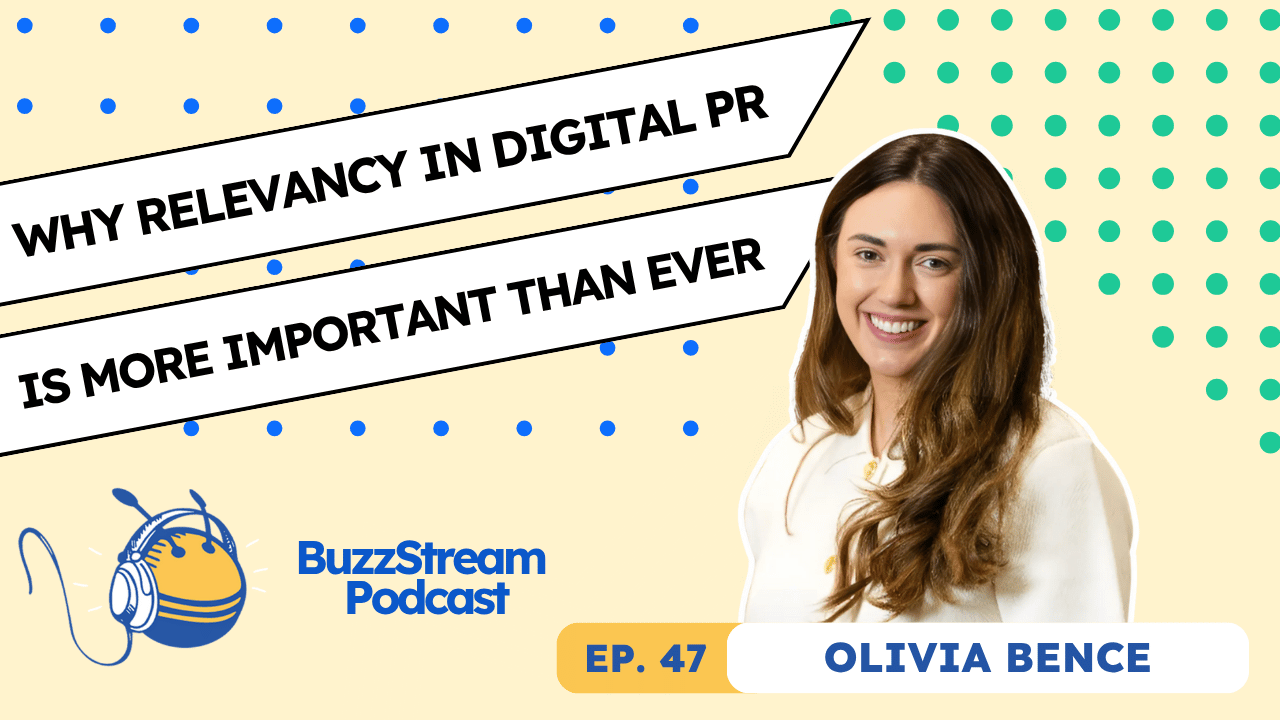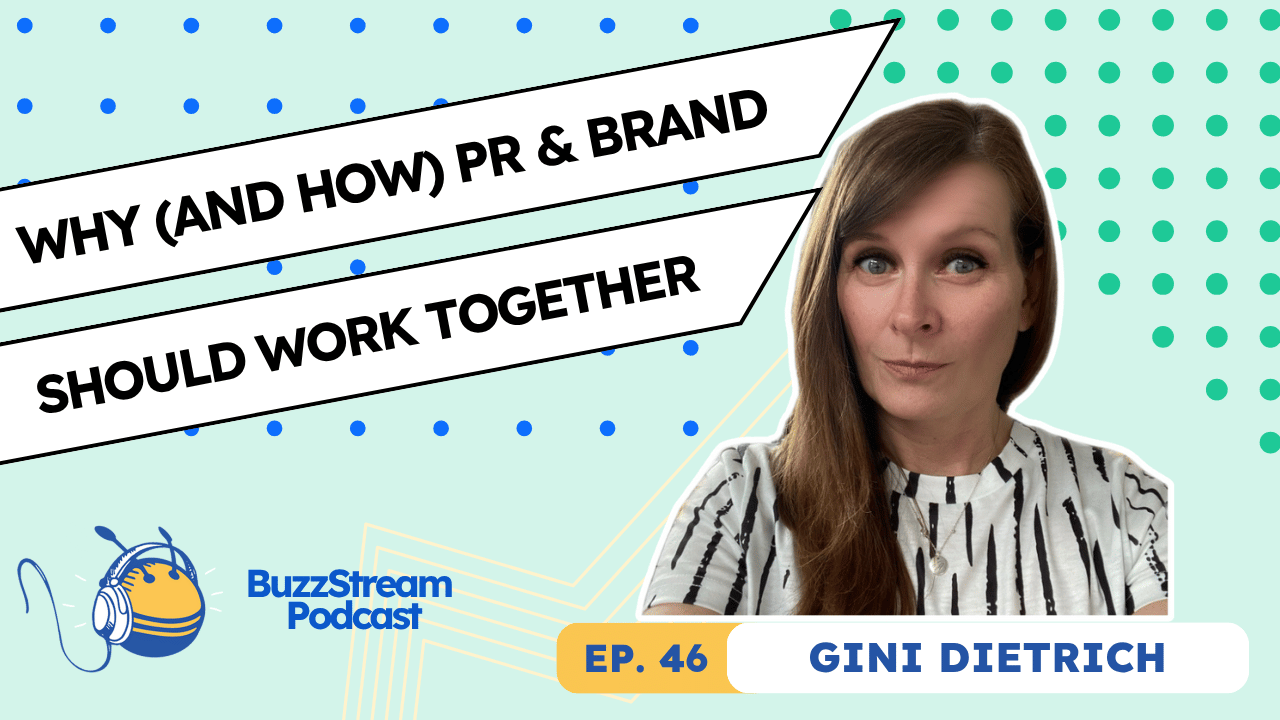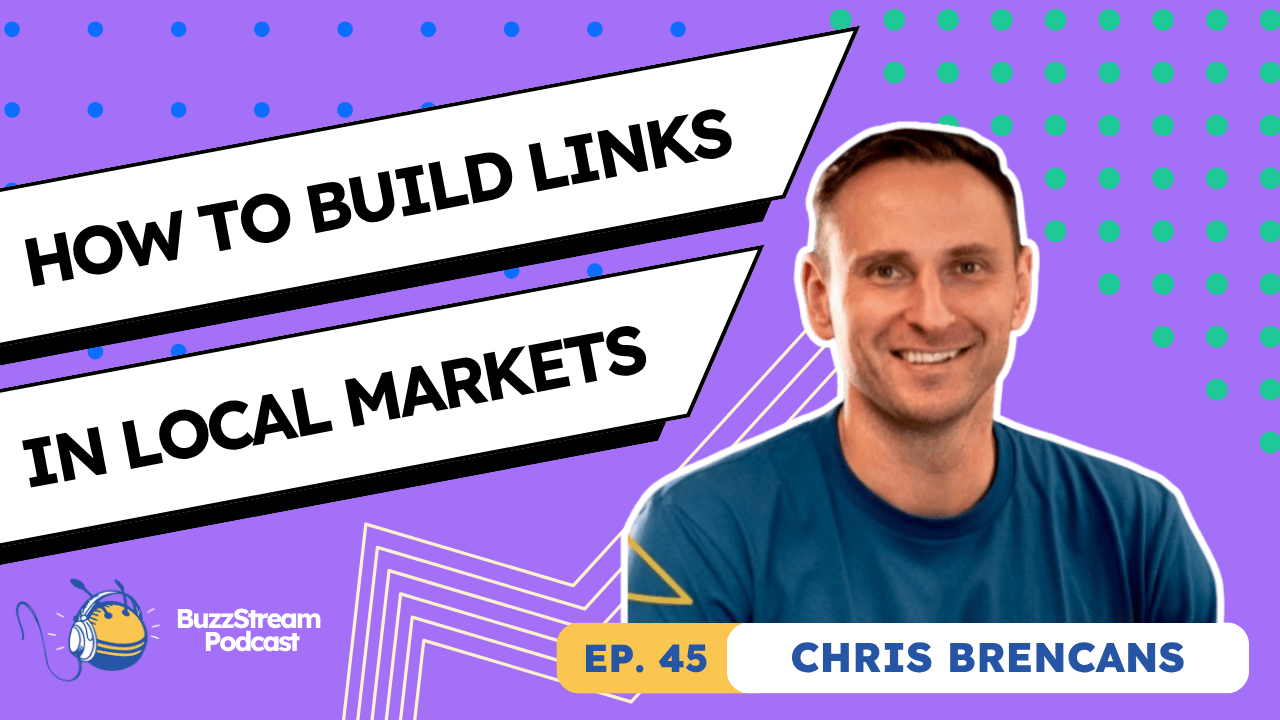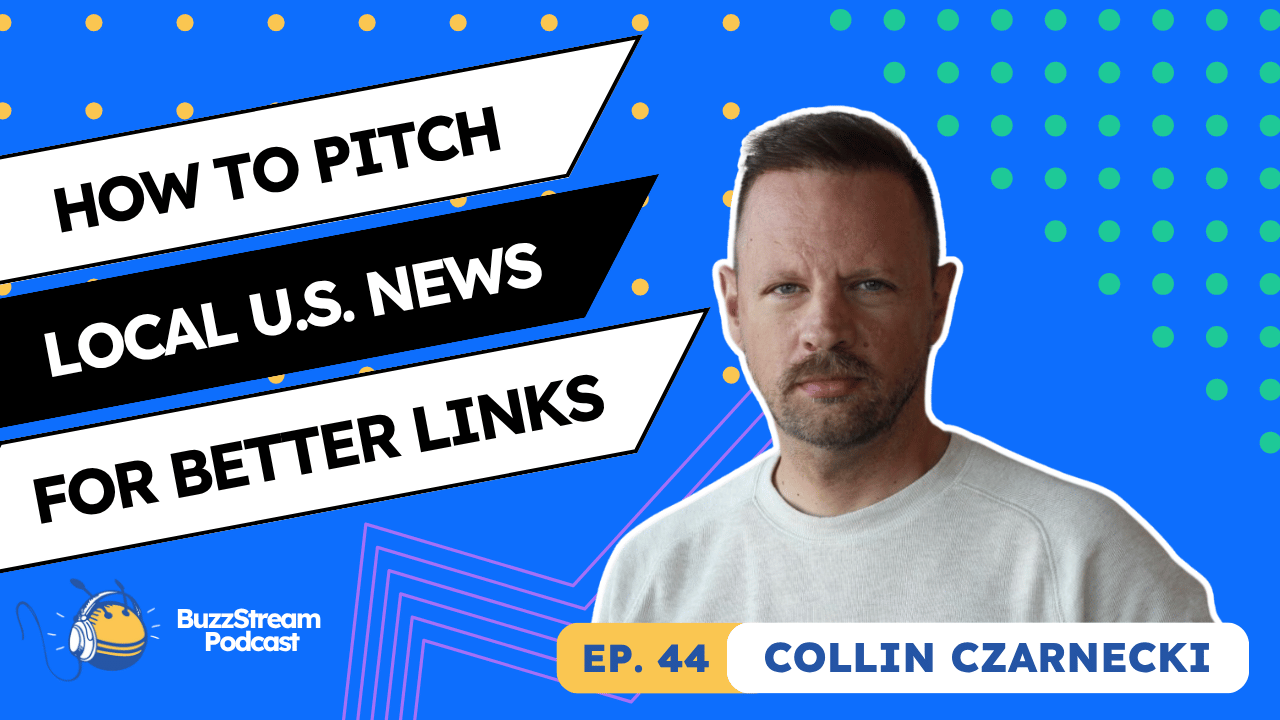Table of Contents
I met Gus Pelogia at BrightonSEO after he gave his excellent talk on writing SEO tickets for development teams. Gus is the SEO Product Manager at Indeed, a job site with over a million unique pages. That’s a lot of project management and a lot of wrangling developers.
But before that, he worked at an agency. Before moving to BuzzStream, I only worked at agencies, minus a brief in-house job with limited dev involvement. I was never exposed to the inner workings of a dev team. I had never heard of “sprints,” “tickets,” or any unique language used in the developer world.
So, we talked about the unique issues that arise when an agency can’t speak the language.
Getting seemingly minor changes implemented can sometimes take a long time.
I realized there was an excellent opportunity to explore Gus’s experience and expertise, pull back the curtain, and help agencies understand how to work with developers to get things done efficiently and effectively.

Key Takeaways
Here are some of the main action items and takeaways that I found in talking with Gus.
1. Understand the Company’s System
To get things done efficiently in a large company, use the same project management system as your colleagues. For instance, if engineers use Jira, you should also use Jira to align with their workflow.
2. Prioritize Strategically
Focus on a few key initiatives at a time to ensure they are completed from start to finish. This approach minimizes the number of tasks in progress and increases efficiency.
3. Adopt the Client’s Preferred Communication Method
Whether it’s email, spreadsheets, or any other tool, adapt to the client’s preferred method of communication to reduce friction and ensure smooth collaboration.
4. Create a Strong Business Case
Before initiating any project, prepare a detailed document outlining the business case, the expected impact, and how the results will be measured. This helps in gaining buy-in from all stakeholders.
5. Work in Sprints
Collaborate with engineering teams using a sprint system. Plan work in two-week intervals, ensuring that all tasks for the sprint are well-defined and agreed upon beforehand.
6. Involve Multiple Teams Early
Engage with content, SEO, UX, and engineering teams early in the project to gather their input and secure their buy-in, ensuring all necessary perspectives are considered.
7. Quantify Qualitative Changes
Use A/B testing to measure the impact of SEO changes. Tools include Search Pilot, Split Signal from SEMRush, and RStudio’s Casual Impact. This involves comparing groups of pages with and without the changes to see if there is a significant difference in performance.
8. Prepare for Complexities:
Understand that simple changes can involve multiple steps and approvals. For example, creating a new page type might require tasks for UX design, accessibility checks, and HTML coding.
9. Continuous Learning and Adaptation:
Stay updated with industry changes and be prepared to adapt strategies accordingly. Regularly review the effectiveness of initiatives and refine them based on data-driven insights.
Time Stamps:
00:00:50 – Can you talk about your experience transitioning from an agency to working in-house at Indeed, and how things move differently in a larger, product-focused company?
00:04:15 – Can you give background for people in agencies or smaller companies about how things work in a large company like Indeed?
00:10:35 – How do you quantify the impact of qualitative SEO changes, like adding author bios?
00:12:37 – Is there a specific tool you use for SEO A/B testing?
00:13:47 – Do you set guidelines and goals before testing?
00:15:31 – How do you make the case for qualitative SEO changes to your dev team?
00:21:26 – Can you outline the steps for running a digital PR campaign?
00:23:32 – Can you give us an idea of creating timelines for projects?
00:27:39 – How many pages does Indeed manage, to give context to our listeners?
00:28:29 – “What are some key things you wish agencies would ask when onboarding with a large company?”
00:31:37 – “Have you had to adjust the way you communicate SEO tasks after joining a large company?”
00:33:09 – “Can you discuss some of the impactful SEO changes you’ve made at Indeed?”
00:37:31 – “How much do you think about conversions when dealing with SEO changes?”
00:41:01 – What’s your take on the newest Helpful Content update?
00:43:34 – “How do you stay on top of Google’s updates and decide if action is needed, like with the helpful content update?”

 Check out the BuzzStream Podcast
Check out the BuzzStream Podcast

